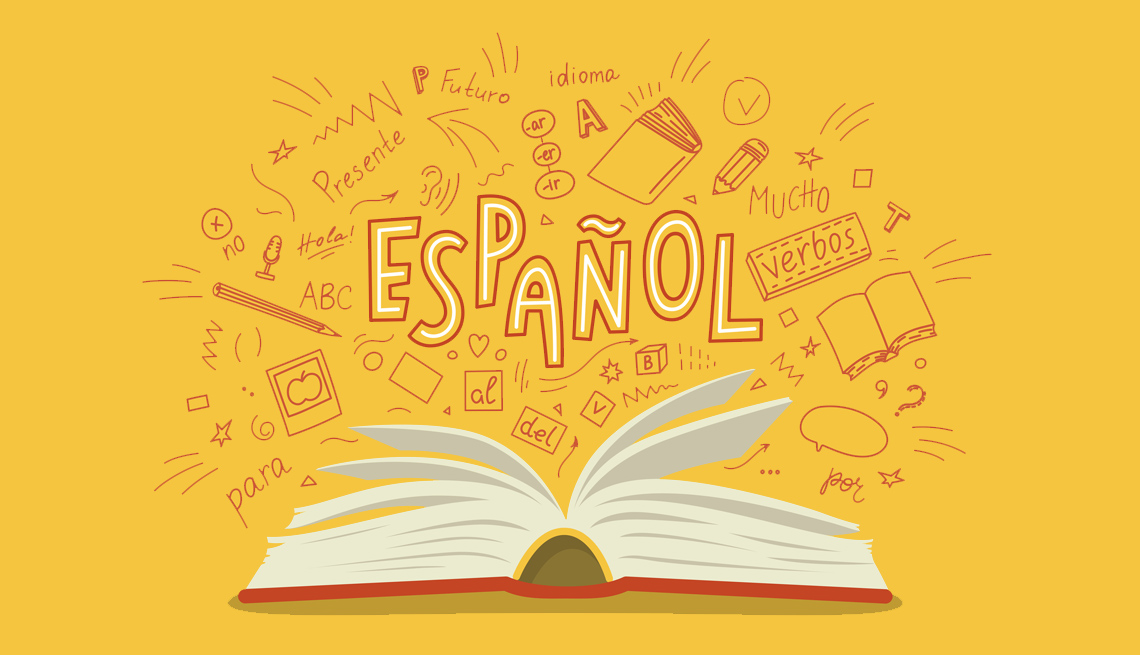English cognates: how do they help us understand the language?
Just as there are terms that given their multiple meanings or that don’t have an exact meaning in other languages might make comprehension for non-native speakers harder, there are words that make learning languages easier: a clear example of this are cognates.
For those of you who are not familiar with this concept, cognates are those terms that have the same etymological origin -shared by many languages- but have different pronunciations and, very often different semantics as well. The term cognate comes from the Latin word “cognatus” which means “related by the same nature”. In order to understand this better, let’s see a very simple example of cognates in English and Spanish: the word “eternity” and its Spanish cognate “eternidad”, which keep the same meaning. So, these words simplify understanding between speakers of these two languages.
Do fake cognates exist?
However, once more, the language world is not so simple. Even though the existence of cognates helps comprehension of a foreign language, we need to keep in mind that fake cognates exist as well that make translation harder for non-professionals and that are even the cause of a great deal of confusions while interpreting a text or having a conversation.
Fake cognates are those words that seem to share an etymological origin, but do not share the same meaning and have no further relation than superficial similarities. In order to understand this, we will share a very clear example of a fake English cognate: the word “actual” in Spanish is equivalent to the English word “current”, however English uses the word “actual” as well, which has a completely different meaning, its Spanish equivalent is the word “real”. Therefore, the expression “I think it’s an actual diamond!” means “¡Creo que es un diamante real!”; while “Actualmente me encuentro desempleado” is the equivalent of “I am currently unemployed”.
In order to explore this particular universe further, which is highly interesting for us language afficionados, we share these 25 common (and easy to learn) English-Spanish cognates:
- Actor / Actor: “He works as an actor at a Broadway play” / “Él trabaja como actor en una obra de Broadway”
- Analyze / Analizar: “We have to analyze the situation correctly” / “Tenemos que analizar correctamente la situación”
- Bus / Autobús: “You should take the bus to get to school” / “Deberías tomar el autobus para llegar a la escuela”
- Collection / Colección: “The museum collection was amazing!” / “La colección del museo era increíble”
- Curious / Curioso: “Your cat is really curious!” / “Tu gato es muy curioso”
- Excellent / Excelente: “Your French exam was excellent!” / “¡Tu examen de francés fue excelente!”
- Extreme / Extremo: “That trekking at the mountain was an extreme experience” / “Ese trekking en la montaña fue una experiencia extrema”
- Family / Familia: “I love spending Sundays with my family” / “Amo pasar los domingos con mi familia”
- Hospital / Hospital: “She was at hospital yesterday” / “Ella estaba en el hospital ayer”
- Interactive / Interactivo: “My son spent all of the weekend playing intercative games” / “Mi hijo pasó todo el fin de semana jugando a juegos interactivos”
- Melody / Melodía: “I really love The Beatles songs’ melodies” / “Realmente amo las melodías de las canciones de los Beatles”
- Miserable / Miserable: “He was feeling miserable after they split up” / “Él se sentía miserable luego de su separación”
- Music / Música: “I really love listening to music with you!” / “¡Realmente me encanta escuchar música contigo!”
- Nation / Nación: “This is a very important day for the whole nation” / “Este es un día muy importante para toda la nación”
- Ocean / Océano: “We flew over the ocean and the view was stunning” / “Volamos sobre el océano y la vista era impresionante”
- Opinion / Opinión: “Sometimes your opinion can hurt others” / “A veces tu opinión puede herir a otros”
- Photo / Foto: “Let’s take a photo at the Central Park” / “Tomemos una foto en el Central Park”
- Plant / Planta: “My plants are growing so big and beautiful!” / “¡Mis plantas están creciendo tan grandes y hermosas!”
- Radio / Radio: “I love listening to the radio while I write my articles” / “Me encanta escuchar la radio mientras escribo mis artículos”
- Romantic / Romántico: “He invited me to a very romantic restaurant” / “Él me invitó a un restaurante muy romántico”
- Secret / Secreto: “If we decide to go there it must be a secret between you and me” / “Si decidimos ir allí, tiene que ser un secreto entre tú y yo”
- Special / Especial: “She made me feel very special on my birthday party” / “Ella me hizo sentir muy especial en mi fiesta de cumpleaños”
- Telephone / Teléfono: “When we were teens we used to speak on the telephone for hours” / “Cuando éramos adolescentes solíamos hablar por teléfono durante horas”
- Urgent / Urgente: “This is an urgent problem for us” / “Este es un problema urgente para nosotros”
- Victory / Victoria: “Real Madrid’s victory was unforgettable for their fans” / “La victoria del Real Madrid fue inolvidable para sus fans”







